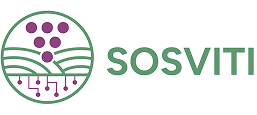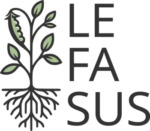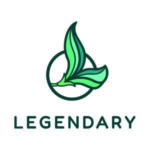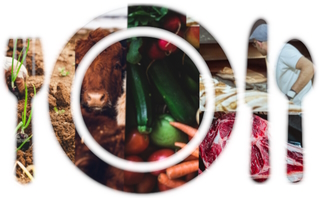projects
sosviti
Sustainable Soil Management Decision Support System in Viticulture

beefbio
Promoting the organic beef sector through innovative and sustainable practices and knowledge transfer in Luxembourg and Wallonia (Belgium)
mastagus
Cultivation trial in water protection: N leaching risk of maize-runner bean mixed cultivation with various undersown crops/catch crops and evaluation of the effects on the subsequent crop
yeswiclim
Förderung der Zukunftsfähigkeit der Weingüter in der Großregion
smartregio
Sustainability Assessment of Direct Marketing Farms in Luxembourg using the SMART-Farm Tool
demonstration fields in bettendorf
renature
Helping insects into life
agroforst
Opportunity for sustainable agriculture in times of climate change
vision 2050
Vision of 100% organic agriculture in Luxembourg in 2050: Resilience, environmental impacts and dietary change
durum wheat and pasta from luxembourg
Development of a value chain from the cultivation of durum wheat to further processing into pasta products
lefasus
Investigating Legume Soil Fatigue for Sustainable Expansion of European Grain Legume Cultivation

organicyieldsup
Improving yields in organic cropping systems

precision
Advanced Machine Learning for Drone-Based Precision Agriculture: Optimisation of Nitrogen and Weed Control for Wheat Yield
legendary

legu-wsk
Promotion of the value chain of grain legumes for human nutrition in Luxembourg
bio-wsk lux
Characterization of the main value chains of organic agriculture in Luxembourg

tassili
Biotechnology To Fight Fungal Infections in Plants; The Use of Saponins Isolated from Fabaceae
water protection
Methods of organic farming for the benefit of drinking water protection
fact sheets
Preparation of fact sheets for organic farming
2000 m² for our food
Project to promote a sustainable agricultural and food culture

variety trials
in organic agriculture in Luxembourg